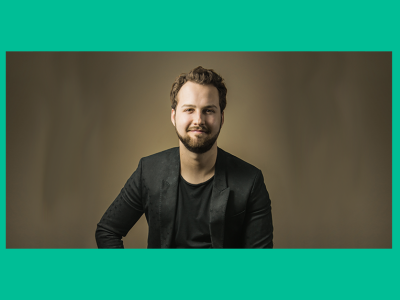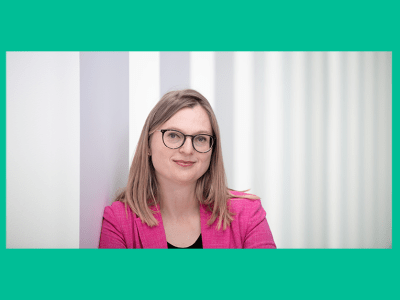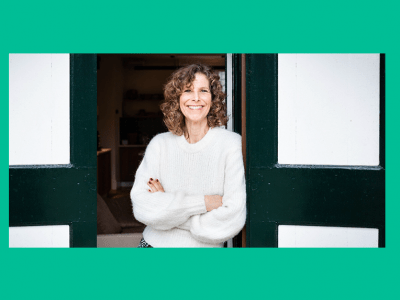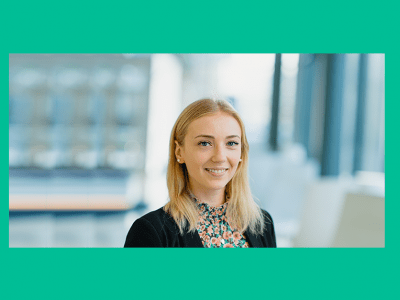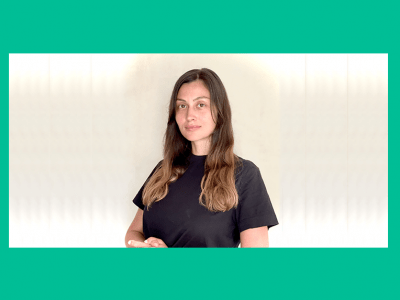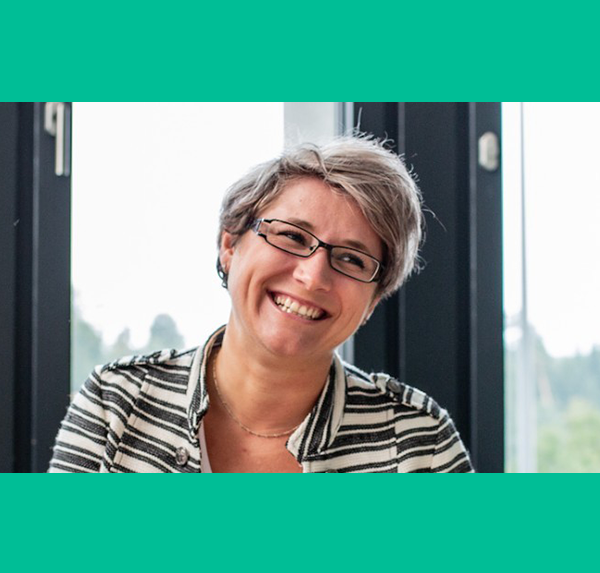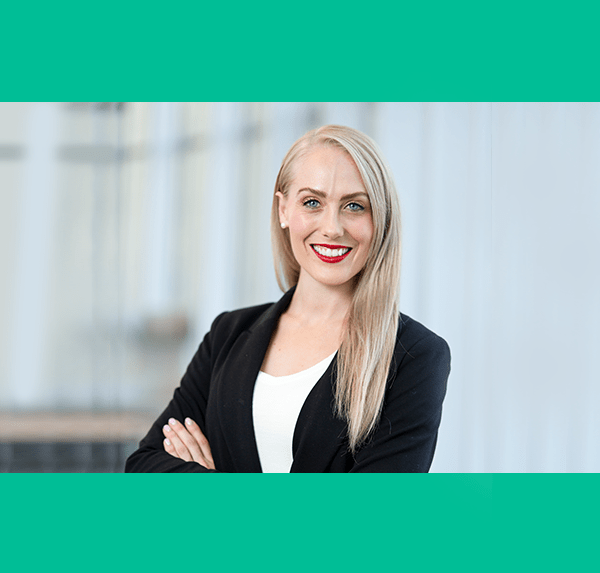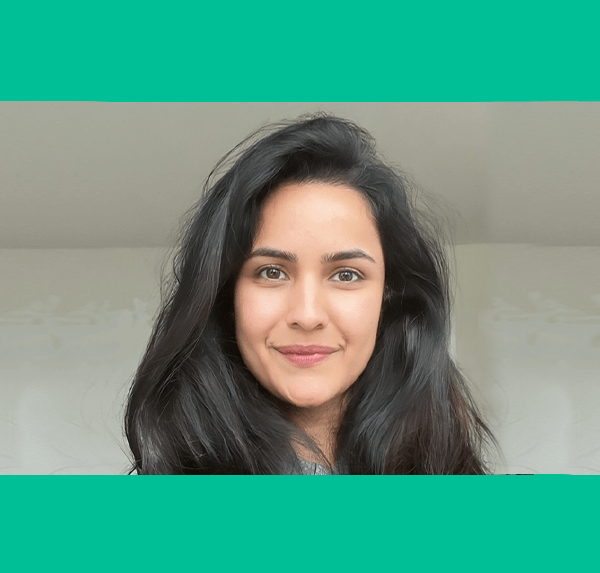EU Alumni: Ashu Rathor
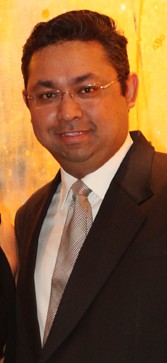 Partner at Ernst & Young
Partner at Ernst & Young
MBA in International Business, 1998
Ashu Rathor graduated from EU with an MBA in International Business in 1998. Since then, he has gone on to enjoy great success in the financial reporting and business world, making Partner at Ernst & Young, one of the Big Four global accountancy firms. He took time out of his busy schedule to speak to us from his office in New York City and tell us more about his EU experience and his life now.
Tell us a bit about yourself, and what you’ve been up to since graduating from EU.
I graduated from EU in 1998. In 1997, I went to New York City to do an internship, as part of the EU curriculum. I ended up getting a job offer in the U.S.A. and after graduation moved to New York. I undertook further studies in NY, and obtained a master’s in accounting at Pace University. I joined Arthur Andersen in 2000 and in due course obtained a Certified Public Accounting (CPA) license. In the accounting industry, the Big Four, as it is now, used to be the Big Five; Arthur Andersen being the fifth. After various scandals implicated the firm, it closed down and my team and I moved to EY. That was in May 2002, and since then, I have been with Ernst & Young (EY); completing 13 years this May.
Do you enjoy your job?
Absolutely. My job is very dynamic and interactive; I help companies manage their businesses, their accounting and their taxes, and get to know a lot of people from all around the world in the process. I manage global accounts; I have clients that operate in countries such as Spain, Belgium, the U.K., India and Australia. The best part is that I get to meet lots of different people on a daily basis; my clients, my colleagues at EY and members of the community.
What does your typical working day involve?
My day is different and unique every day; it’s not set in stone. I plan out a few things that I have to get done during the day, and when I walk in, I come across new, unforeseen challenges which take up most of my time. And then of course, I still have to make sure that my planned key objectives for the day are still met.
As a partner, I am an owner of the firm. So all the staff who work on my accounts and who are part of my team look up to me. My days are full of interaction with clients and colleagues. They usually have my cell phone number and my e-mail address, and I try to respond to any call or e-mail within two hours.
That’s very impressive. Do you normally manage to meet this target?
I would say that 95% of the time, I do. If nothing else, I send them a message saying that I have received their call and will get back to them. If a client calls you or sends you an e-mail and they don’t receive anything back within two hours, they’ll start wondering. Their request may not be urgent, but if they don’t hear back – particularly in this day and age when technology is so advanced that you get everyone’s message instantly – it gives them the impression that they are not important. So, if nothing else, I acknowledge them and tell them I will get back to them soon.
What do you think is the most important aspect of your job?
I think the most important part is interacting with people, making new friends and being able to solve their problems and help them out. This is what I enjoy most. I help people in my spare time too: I advise Pace University students on their careers and am also part of the United Way of New York City Chapter, which involves going to shelters and soup kitchens. In the same spirit, helping clients and helping staff members with their career issues or their performance is also very rewarding.
What made you go into this industry?
Well, there are two reasons. When I was at EU, I did an internship at the United Nations in New York. I really liked the city, and decided that when I graduated, I wanted to work there, although I wasn’t sure in what capacity. At the time, I was doing an MBA in International Business Management, which the UN internship was related to. I tried to work out what I could do in the U.S., as a foreigner; as an Indian, there are all sorts of immigration and visa issues. I did some research into which areas and fields would sponsor me for a visa in the United States – and that’s how accounting came to be an option. I remembered my accounting courses at EU, which were the ones in which I excelled. I also enjoyed it.
Which profiles are most suited to working in the finance and accounting industry?
People who like to solve problems or puzzles. Also, people who like to be entrepreneurial and who want to have their own business. Often people misunderstand that accounting is a back office job, and hence it’s not all that appealing. But public accounting is not back office: our business is accounting, and that’s what we sell. And finally, people who have an interest in math and accounting.
What has been your biggest achievement to date?
There have been three. My first milestone was when I got my first job offer in public accounting, from Arthur Andersen. Subsequently, when I passed the CPA exam and was certified as a certified public accountant (which is a chartered accountant in Europe). But I think my biggest achievement since, and the largest one, was when EY asked me to become an owner in the firm and offered me the partnership three years ago.
How do you think your studies at EU and Pace University prepared you for your career?
Before I came to EU, I was a liberal arts student who came from a family of civil servants in India. My family did not have business in their DNA. EU gave me my first introduction to the business world that I understand today. Back then, I was a novice; I had no idea. My EU classes and studies there were my first step into that world. After doing my MBA, I decided to specialize in accounting. My university in the U.S.A. gave me very technical accounting knowledge which built upon what I had learnt at EU.
My MBA gave me a better business perspective; I am not just a technical accountant. I have a better oversight of things as a businessman, and I view what I do not just as accounting work or tax work or financial reporting work, but as a business – I think EU gave me all that theoretical background, upon which I have built my career.
If you could give one piece of advice to current EU students, what would it be?
Believe in yourself, know what your passion is, know yourself, know your strengths and know your weaknesses. Be open, be honest with yourself, and, while you understand your strengths, fully understand your shortcomings too. And then highlight your strengths and minimize your shortcomings and work to improve upon them.
Do what you have passion for, have a realistic outlook about yourself and then pick your chosen path. Be honest with yourself – that’s what I tell everybody, even the highest-level executives or mid-level management. People need to be honest with themselves, they need to understand themselves. Work hard. Gain skill sets. Always ask what you can give, not what you can get.
What does the future hold for you?
At this point, I am at a level where there are many doors. I can keep growing at EY and become a Senior Partner and start leading business practices, offices or geographies. That’s the most obvious path in front of me and the one I’m most interested in right now. EY is divided into geographies: Americas, EMEIA, Asia Pacific and Japan. I would love to be able to work it in a way that I have one of those geographies.

